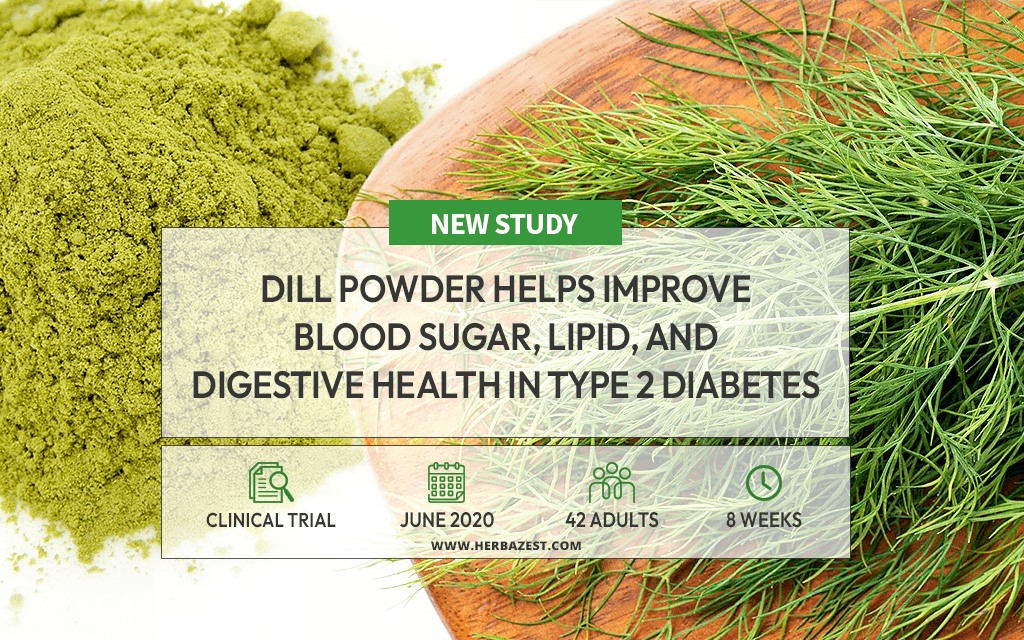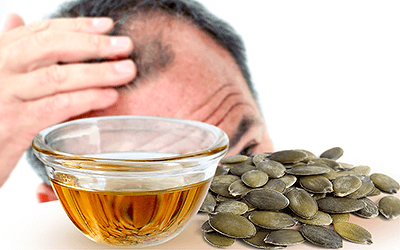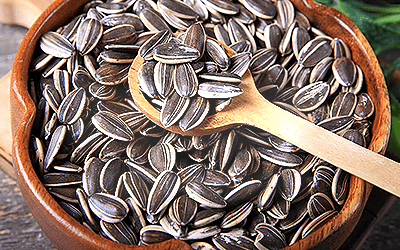Dill is a beloved kitchen staple, often used to enhance the flavor of salads, soups, and pickled vegetables. Beyond its culinary charm, dill has long been prized in traditional medicine for its digestive and calming properties. Now, modern science is turning its attention to dill's potential to support people living with type 2 diabetes, a condition that affects millions worldwide and is often accompanied by high cholesterol, insulin resistance, oxidative stress, and digestive discomfort.1 With rising interest in natural therapies, a recent clinical trial explored the effects of dill for diabetes.
The Study
Researchers in Iran conducted a randomized, double-blind, placebo-controlled study involving 42 adults with type 2 diabetes. Participants were assigned to receive either 3 grams per day of dill powder or a placebo for eight weeks. The team tracked a variety of health markers, including blood sugar, insulin levels, cholesterol, antioxidant capacity, inflammation, and gastrointestinal symptoms. Their goal was to determine whether this aromatic herb could offer benefits beyond flavoring food.
The Results
By the end of the trial, those in the dill group showed meaningful improvements. Insulin levels and insulin resistance were significantly reduced, suggesting better blood sugar control. LDL (“bad”) cholesterol and total cholesterol dropped, while HDL (“good”) cholesterol increased, a rare shift for people with diabetes.
The antioxidant status of participants improved as well, with higher levels of protective compounds and a notable decrease in malondialdehyde, a marker of oxidative stress.
While most digestive symptoms remained unchanged, those who experienced colonic motility issues, a common and uncomfortable problem among diabetics, reported significant relief.
Importantly, no adverse effects were reported, making dill a safe addition to daily routines.
What Does this Mean?
This study adds compelling support to the idea that simple, everyday herbs like dill may provide measurable support in managing type 2 diabetes. While it's not a replacement for medication or medical care, a modest daily dose of dill may complement diabetes management regimens by addressing key factors like cholesterol, oxidative stress, and insulin resistance. The improved antioxidant activity alone could help protect cells from long-term damage, especially in the context of high blood sugar.
For those seeking accessible, plant-based ways to improve their metabolic health, incorporating dill into the diet or supplement routine may be worth considering, with guidance from a healthcare provider. Other antioxidant-rich, plant-based foods with similar properties include fenugreek, turmeric, and cinnamon.
Sources
- Trials, The effects of Anethum graveolens (dill) powder supplementation on clinical and metabolic status in patients with type 2 diabetes, 2020
Footnotes:
- World Journal of Diabetes. (2015). Oxidative stress, insulin resistance, dyslipidemia and type 2 diabetes mellitus. Retrieved March 28, 2025, from https://pmc.ncbi.nlm.nih.gov/articles/PMC4398902/




